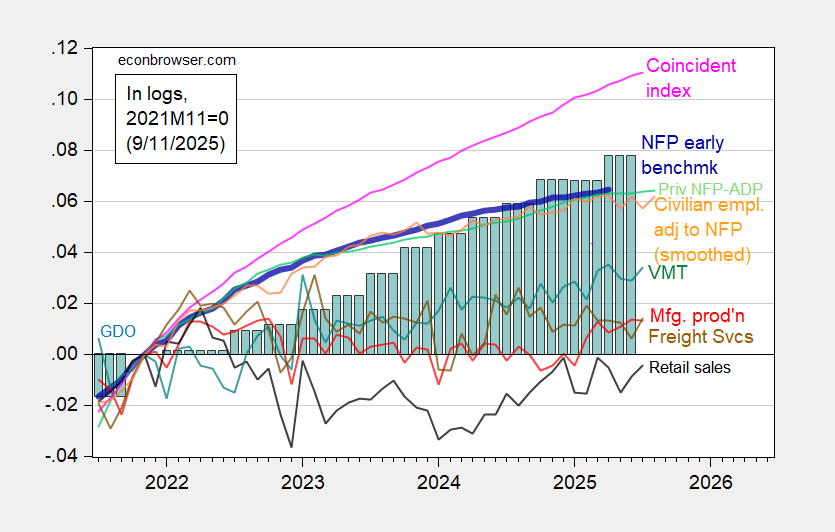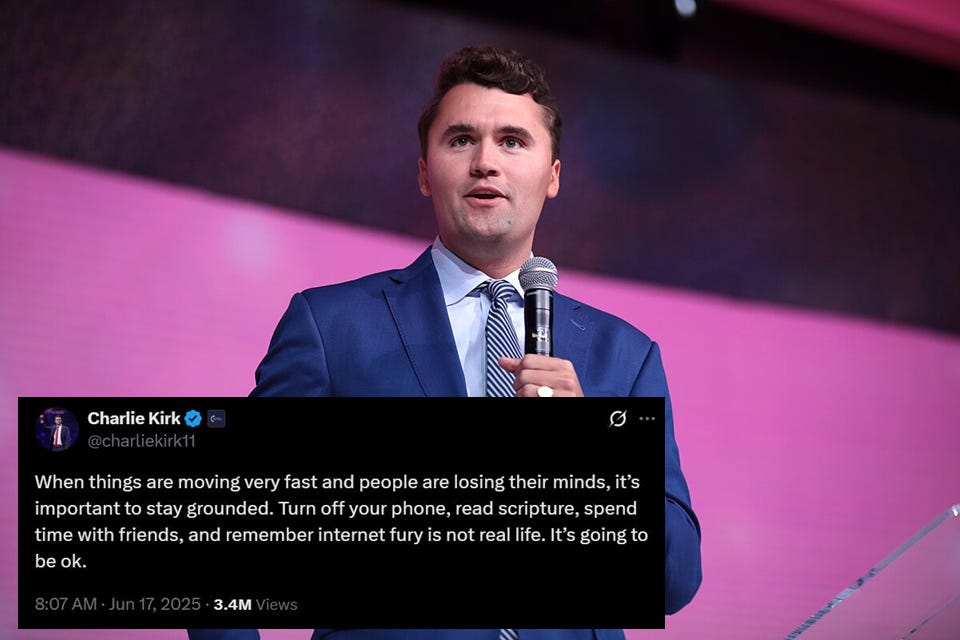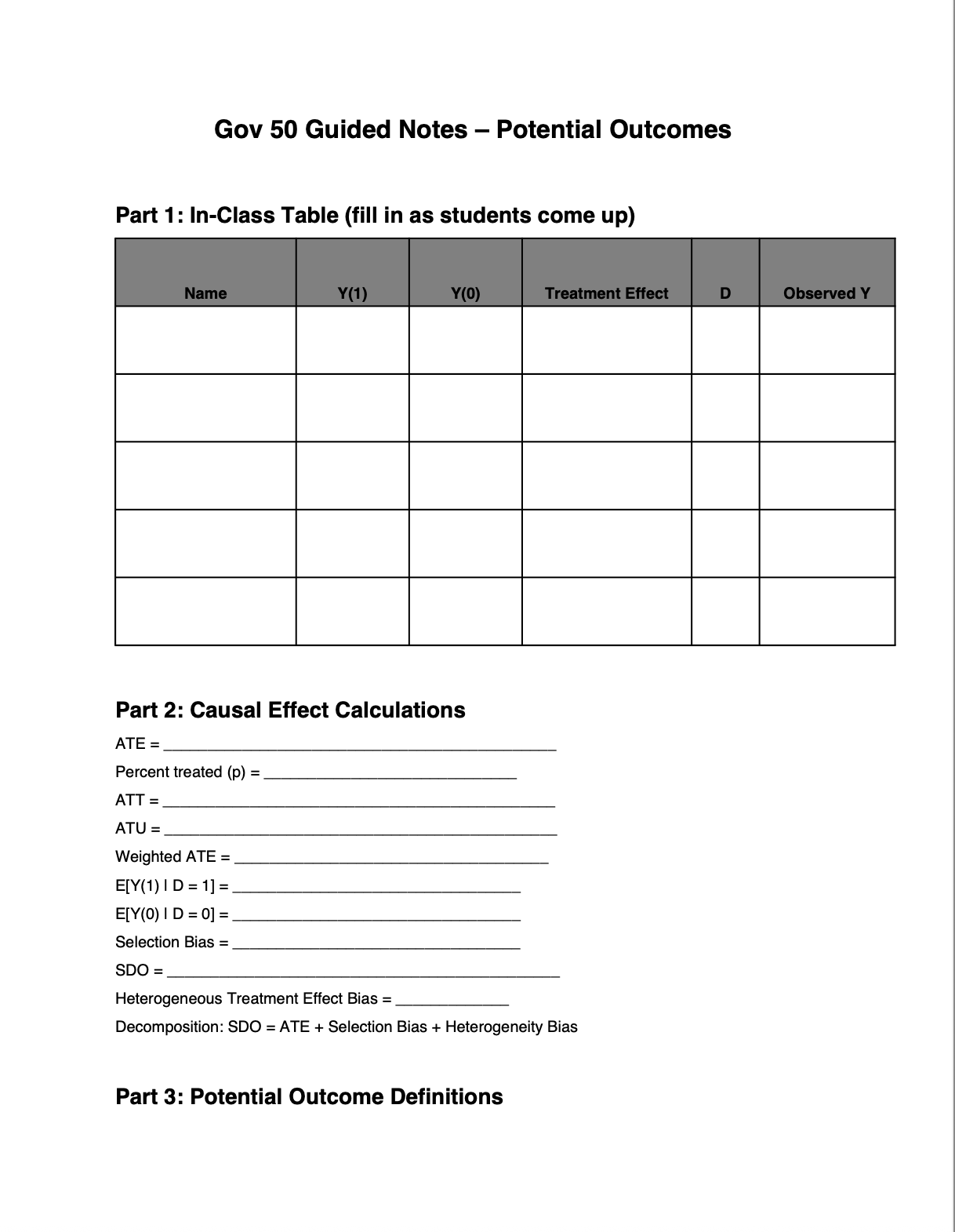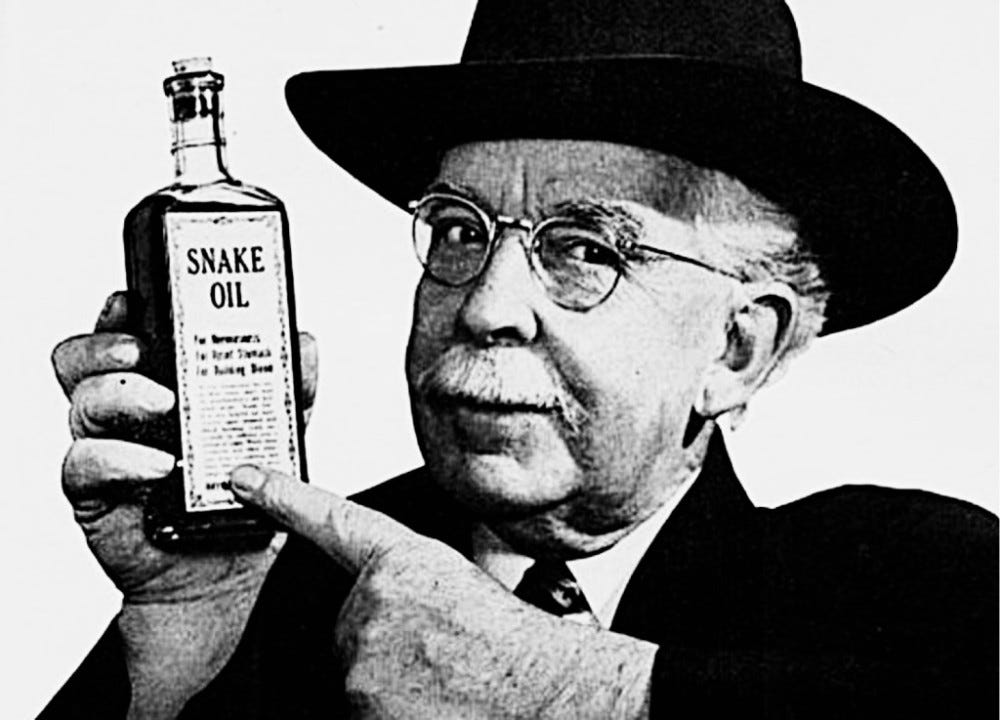
1241. Charlie Kirk's assassination sparks grief and rage online
The post discusses the mixed reactions online following the assassination of a conservative figure, highlighting both grief and political blame directed at the left.
your daily dose of economic commentary

The post discusses the mixed reactions online following the assassination of a conservative figure, highlighting both grief and political blame directed at the left.

An argument that state discrimination undermines the rule of law and individual liberty, emphasizing the importance of non-discrimination principles in governance and society.

Bill McBride discusses the Federal Reserve's Q2 2025 report, highlighting a $7.1 trillion increase in household net worth and changes in debt and asset values.

Laurel Wamsley discusses the surge in home mortgage demand following a significant drop in interest rates.

Alex Tabarrok discusses Britain's costly efforts to abolish slavery, including compensation to slaveowners and the Royal Navy's anti-slavery patrols, highlighting the moral and economic implications.

Menzie Chinn analyzes various alternative indicators of business cycles, focusing on transportation services, employment, and heavy truck sales trends.

An argument that the political climate encourages violence, cautioning against assumptions about motives and the dangers of inflammatory rhetoric from both sides of the political spectrum.

Inflation increased in August, driven by higher prices for gasoline and groceries, with consumer prices rising 2.9% over the past year.

The post presents various year-over-year inflation measures for services, goods, and shelter, highlighting trends and changes in prices through August 2025.

David Folkenflik discusses NPR's appointment of Thomas Evans as news chief amid changes due to the end of federal funding for public media.

Robert Vienneau discusses the challenges of achieving societal harmony in the face of intolerance and inequality, emphasizing the need for a tolerant society to defend itself.

More than 300 South Korean workers detained for illegal employment in the U.S. are being repatriated on a chartered flight from Atlanta.
An argument that AI progress is bifurcated into immediate, limited improvements and slower, long-term advancements, challenging perceptions of stagnation in the field.

Financial advice is provided for college students on managing student loans, credit cards, and budgeting effectively.

Timothy Taylor discusses trends in US income inequality based on Census data, highlighting the rise in income concentration among the top quintile and educational disparities.

The post explores the economic concepts of cost and choice through Kiki's experiences in her delivery service, emphasizing implicit costs and the nature of scarcity.

Bill McBride discusses the 1.4% year-over-year increase in US home prices in July 2025, highlighting regional variations and market trends.

The post discusses teaching potential outcomes in causal inference, emphasizing its importance and the challenges students face in understanding the concept.

Paul Krugman discusses the failure of Trump's economic promises and the cult-like behavior of his supporters in denying the reality of economic data.

Bill McBride discusses the current housing market, highlighting increased inventory, declining sales, and projected year-over-year price decreases for existing homes by the end of 2025.